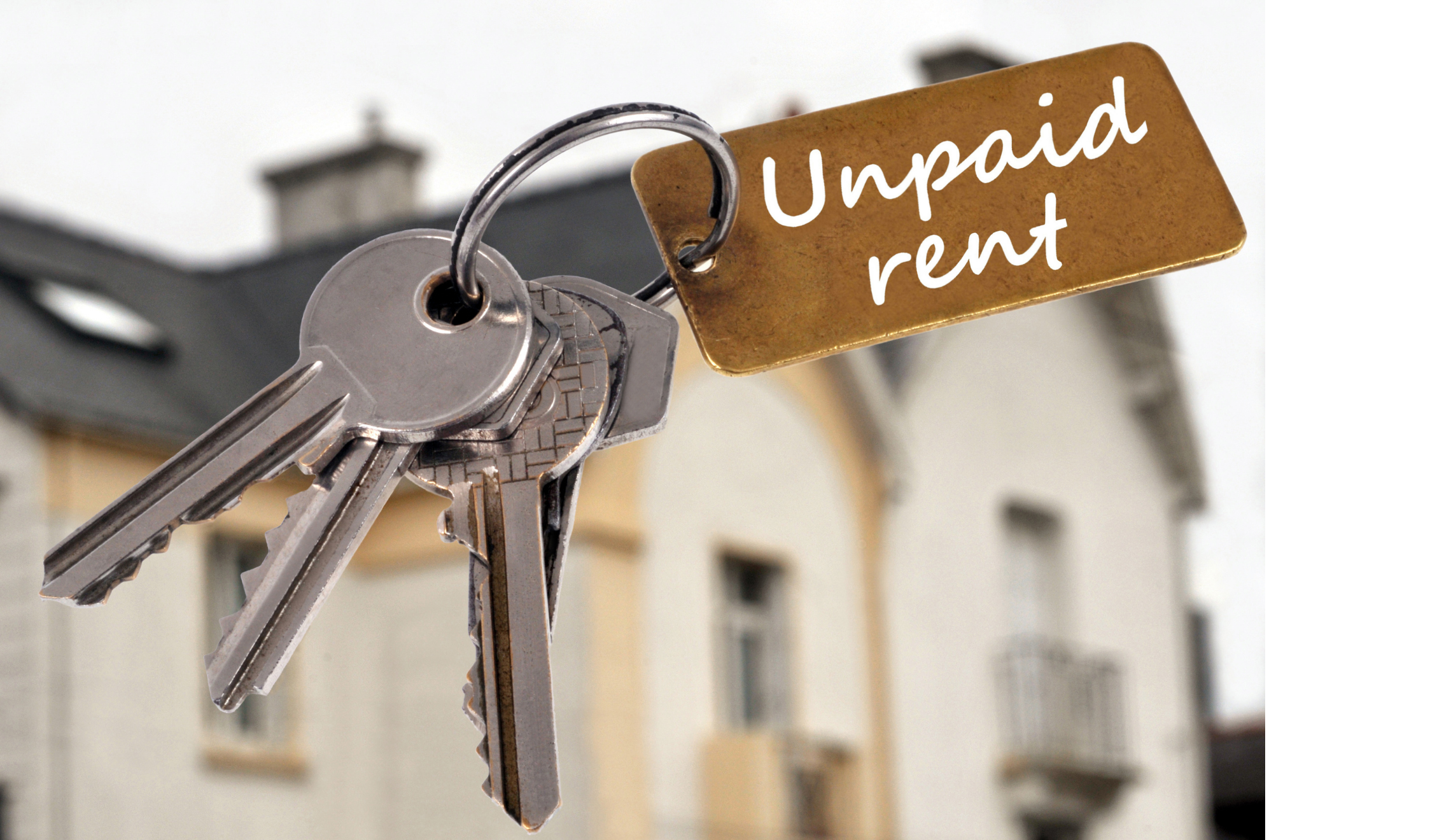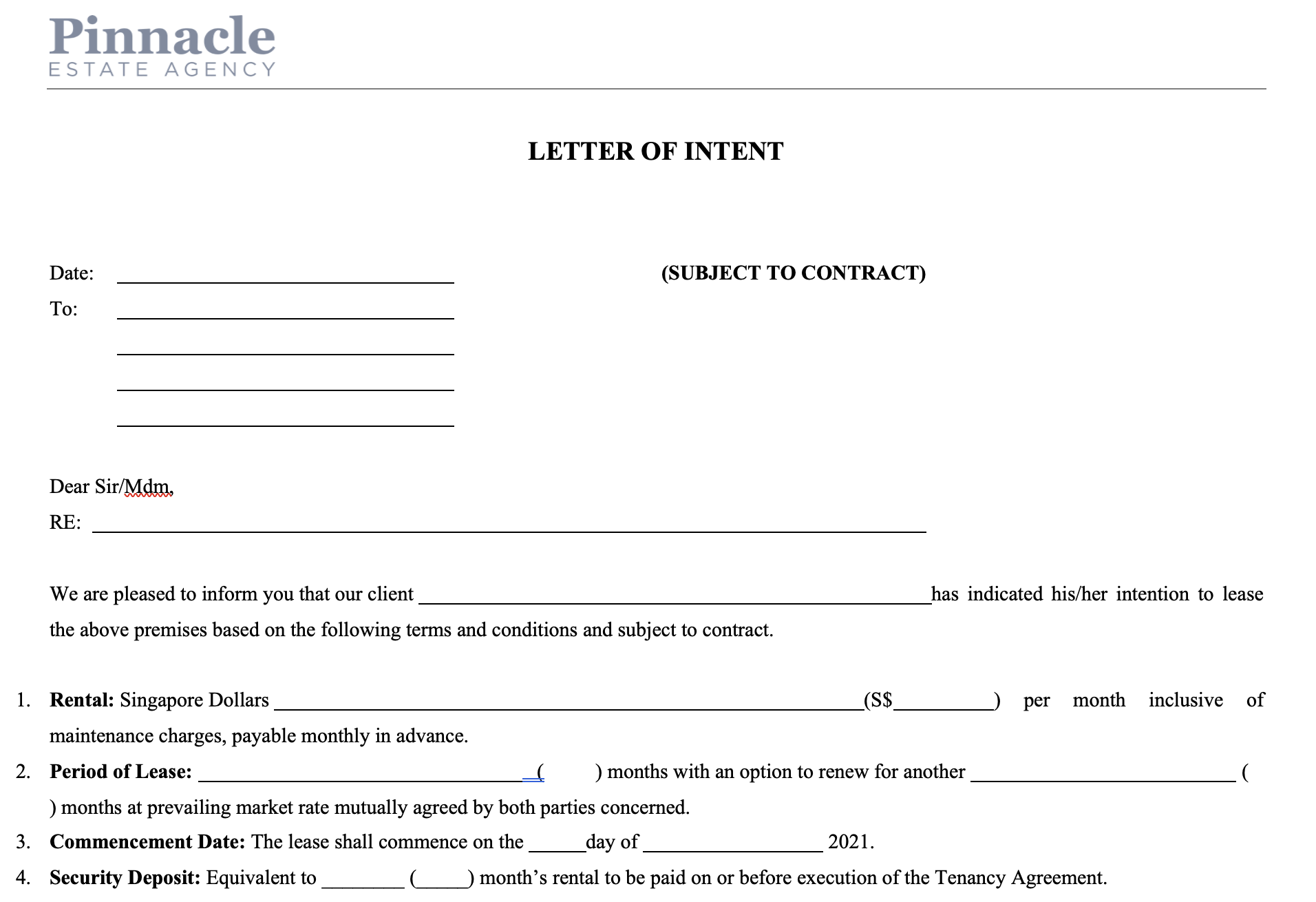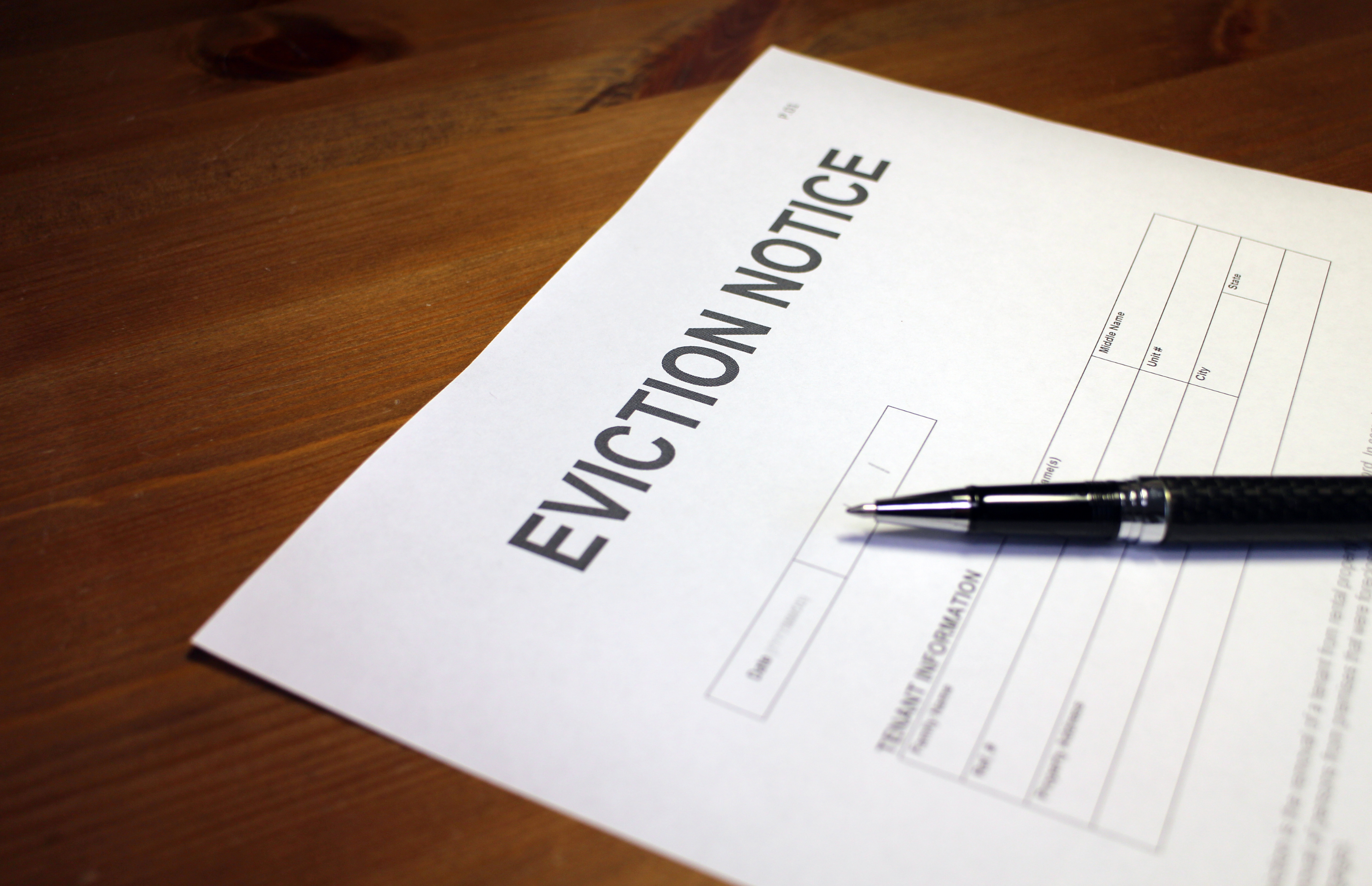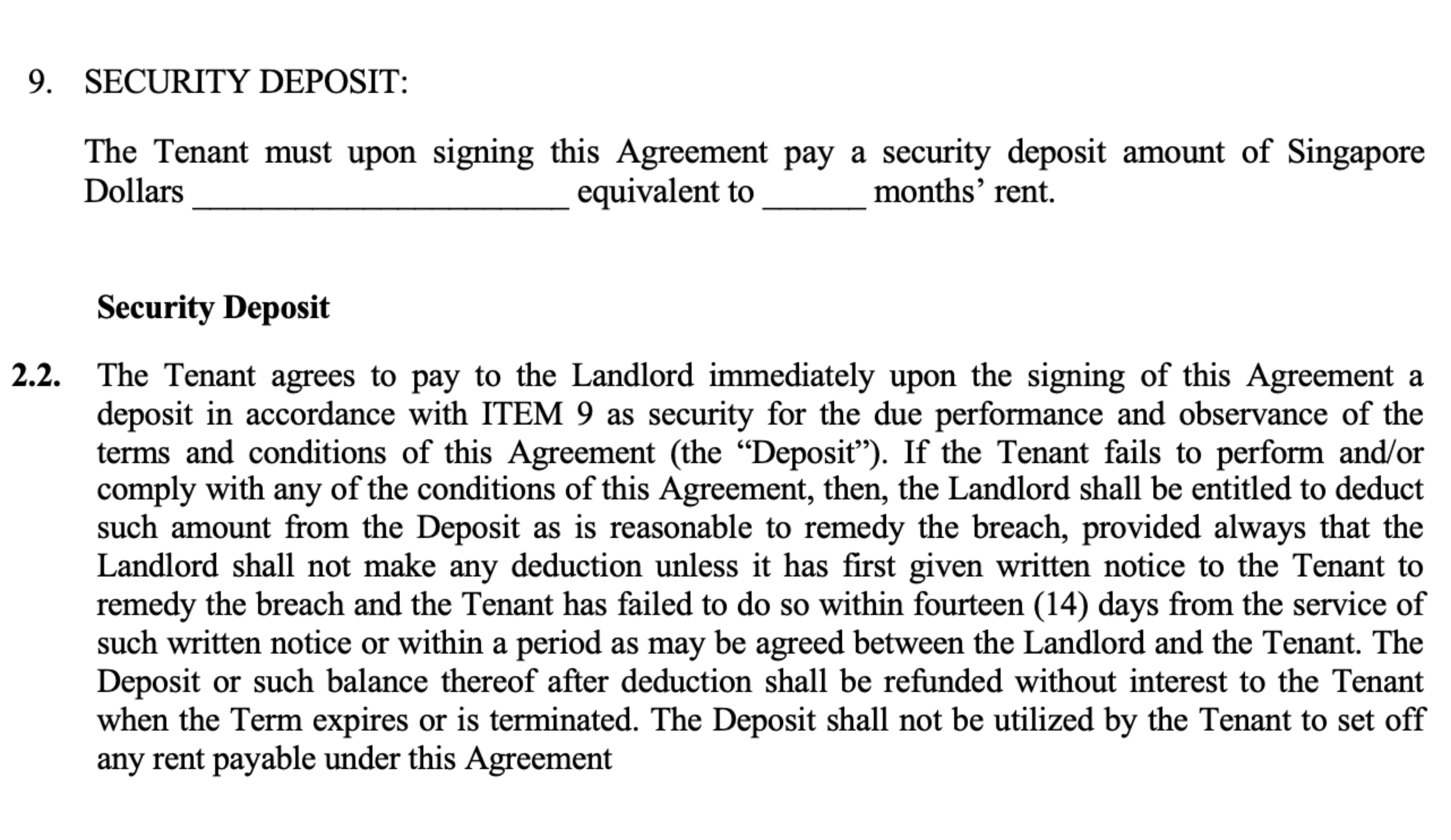Rights of Tenants & Landlords in Singapore
This article discusses tenancy in Singapore, the two types of tenancies in Singapore, and method to collect unpaid rent
Table of Contents
Singapore has Two Types of Tenancies
Tenancy in Singapore
A tenancy is when an interest in a specific property is transferred from the landlord over to the tenant. The result is that for a certain period of time and often in return for an agreed amount of rent, the tenant has sole possession of the premises.
Most often, the responsibilities of the tenant and landlord are spelled out in the terms set forth in the tenancy agreement. If either party breaches any one of these terms it could lead to the agreement being terminated for which there are several remedies available to both tenant and landlord.
Singapore has Two Types of Tenancies
In Singapore, your tenancy will either be a lease or licence and these two are not the same.
A lease allows the tenant to have a proprietary interest in the property. A license is more of a personal setup between both parties in which the tenant has personally received permission from the landlord to use the premises on a short-term basis.
With a lease, the tenant has rights of assignment (under common law and depending on the property) to a third party, which can be legally binding on the third party. Also, with a lease the tenant has the right to file a lawsuit for trespass or nuisance.
With a license, the tenant has no right to assign the property to a third party, nor can he/she sue for trespass or nuisance. For example, if you have a friend visiting you for a short time, he/she is being given the license to stay there, not a lease.
The same holds true for hotel guests. They are not leasing the hotel room, but rather have a license to use it, based on an arrangement with management.
There are certain limitations on the rental of HDB flats, like a minimum occupation period (MOP). A lease on an HDB flat is illegal if it is for less than six months.
The MOP for private residential properties in Singapore is three months. Therefore, you may be breaching Singapore’s strict housing laws if you decide to rent out your property for short periods of time on Airbnb.
Tenancy Agreement
A tenancy agreement contains some important terms that need to be understood by anyone contemplating signing such an agreement. Most tenancy agreements include terms that provide the tenant with quiet enjoyment along with sole possession. This means that the landlord is required to let his tenant occupy the premises without any interference, disturbances, or intrusions from others.
The landlord is not allowed to lease the premises he owns on terms that, one way or another, negates the utility of the lease. For example, if the owner of a shopping mall leases retail space to a tenant, he/she cannot prevent customers from entering that area of the mall.
In the same vein, the tenancy agreement sets forth certain responsibilities for the tenant as well. For example, the tenant is responsible for regularly paying rent on time and he/she may also have agreed not to sublease to someone else.
The tenant may also be responsible for paying certain repair costs throughout their tenancy. If the paint starts peeling, the electrical appliances go out and/or the ceiling starts leaking, the landlord and tenant can negotiate as to which one should be responsible for the costs of rectifying those issues.
Therefore, the tenancy agreement spells out the responsibilities of the landlord and tenant, so that both are informed before signing the tenancy agreement. This goes a long way towards keeping disputes from occurring.
Prematurely Ending a Tenancy
A tenancy may be ended only when the landlord or tenant provides proper notice to terminate the tenancy. The proper period to terminate usually aligns with the length of the tenancy, which may be inferred by how often rent is paid. For example, if rent is due on a monthly basis, the proper period of time for giving notice is likely one month. The minimum notice period is commonly 30 days. But to play it safe, refer to your tenancy agreement.
A tenant should not terminate their tenancy early without first giving their landlord notice because the landlord has to agree to the early termination. Your landlord may allow you to break your lease, but he/she certainly does not have to. If he/she does give permission, don’t be surprised if you are asked for a sum of money.
If you are a landlord who wants to protect yourself against a tenant ending their lease early, you should get a two-year tenancy that will usually comes with security deposit in the amount equivalent to two months' rent. It’s important for landlords to discuss with a prospective tenant the exact terms of the tenancy agreement and openly ask how likely it is that they would want to end their tenancy early.
Evicting a Tenant
When a tenant breaches their lease by failing to comply with the terms of their tenancy agreement, like not paying rent, their landlord may decide to evict them by forfeiting the tenancy.
How is this accomplished? The landlord can take over possession of the property either by arranging a peaceful entry on his/her own, or by applying to the court.
In general, a legal forfeiture would not be necessary unless the tenant repeatedly avoids paying rent and refuses to pay up when given multiple chances to do so. For the landlord to legally re-enter the property, he/she must make a formal written demand for the tenant to vacate the premises. If the tenant continues to refuse, most landlords will hire a lawyer to issue a writ of summons for him/her to take possession, then have their lawyer start legal proceedings to accomplish this.
To do this legally, the landlord must ensure that he/she has specifically set forth in the tenancy agreement the right of re-entry. The landlord also needs to serve written notice on the tenant, under the Conveyancing & Law of Property Act: Section 18. The notice must specify exactly how the tenant breached the tenancy agreement, the amount of compensation the landlord is seeking, and how the tenant can remedy the situation.
On the other hand, a tenant also has a right to apply to the court to fight the forfeiture of his/her lease. Because this is such a serious remedy, courts will allow tenants a reasonable period of time of another four weeks to pay the rent owed.
For additional information, we invite you to read our article on tenant eviction in Singapore.
How to Collect Unpaid Rent
Landlords who are owed back rent from tenants can often resolve this by using the Distress Act to exercise their right to distress. The right to distress is a common solution for unpaid back rent. To do this the landlord needs to apply for a writ of distress, which allows him/her to claim up to a year’s unpaid rent preceding the application.
It can’t be stressed enough that the landlord must act quickly and not wait too long in claiming the arrears. When the writ of distress is granted, a notice of the seizure of belongings, including the writ of distress needs to be sent to the tenant. The tenant must reply within five days, otherwise the landlord has the right to sell off the tenant’s possessions for the unpaid back rent.
Since there is no all-encompassing law in Singapore that governs landlord-tenant relations, a lot depends on the terms set forth in the tenancy agreement. This is why it’s essential to read over the terms of the tenancy agreement before trying to evict a tenant.
Disclaimer: The information provided in this article does not constitute legal advice. We recommend that you get the specific legal advice you need from an experienced attorney prior to taking any legal action. While we try our best to make sure that the information provided on our website is accurate, you take a risk by relying on it.
At Pinnacle Estate Agency, we strongly believe in sharing our real estate knowledge to the public. For more content like this article, check out our Singapore Property Guides.













